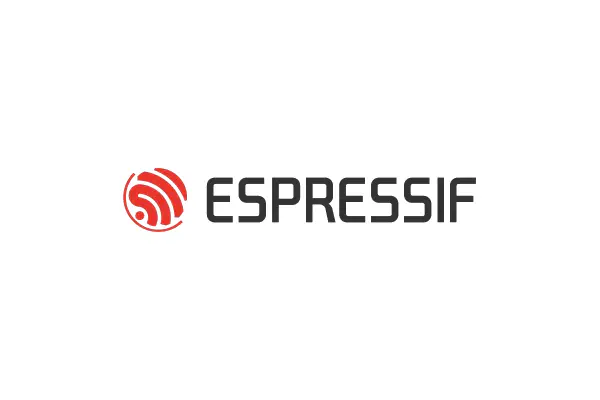In February this year, we announced the first esp-hal 1.0 beta release. Since then we’ve been hard at work, polishing and preparing for the full release. Today, the Rust team at Espressif is excited to announce the official 1.0.0 release for esp-hal, the first vendor-backed Rust SDK!
What We’re Stabilizing Today#
We’ve spent many years researching and experimenting to get to this stage (check out the esp-hal 1.0 beta blog post for the longer story!). However, to get a stable foundation to build from, the experimentation eventually needs to make way for stability. To achieve this, we’ve decided to limit the scope of 1.0 stabilization to:
- Initializing the HAL,
esp_hal::initand the relevant configuration associated with that. - Four “core” drivers to start:
- GPIO
- UART
- SPI
- I2C
AsyncandBlockingmodes for the aforementioned drivers.- Our
Asyncdrivers are compatible with many executors, including Embassy’s.
- Our
- The
timemodule, which providesInstant,Duration, andRate. - A couple of miscellaneous system APIs (SoC reset, etc.).
#[main]macro.- Additional configuration mechanisms beyond feature flags (
esp-config).
With the exception of the list above, everything else in esp-hal is now feature-gated behind the unstable feature. With the scope limited, post 1.0 we can incrementally stabilize drivers, much like the Rust project itself does, building on 1.0’s foundation.
What Does Unstable Mean for Drivers?#
Unstable in this case refers to API stability. There is varying levels of functionality for unstable drivers, however, they are suitable for most common use cases. Using them, reporting feedback, and/or contributing to improving them will aid their stabilization.
What About the Other esp-* Crates?#
esp-hal is the foundation of many of the ecosystem crates. esp-radio (previously known as esp-wifi) is our next stabilization target, which will enable the use of Wi-Fi, Bluetooth, ESP-NOW and IEEE802.15.4 on the ESP32 family of devices. The end goal is of course to have every esp-* crate with a 1.0+ release eventually.
Getting Started#
The first step is to read our specially curated book, which explains the ecosystem, tooling and some key embedded concepts for esp-hal.
As part of getting to 1.0, we’ve created our own project generation tool, esp-generate to bootstrap a project. This is explained fully in the book, but getting something running today should be as simple as:
cargo install esp-generate --locked
Then run
esp-generate
to launch the interactive project generation terminal user interface.
Once you’ve generated your project, connect your ESP32 and run cargo run --release from your new project directory!
To start building from your baseline project, check out our API documentation at docs.espressif.com/projects/rust.
What’s Next?#
This is just the start. We plan on stabilizing all esp-hal related crates, next up is esp-radio. We’ll continue developing esp-hal; over time we’ll stabilize more drivers beyond the core set that we’re starting with today. We’ll continue to add support for new devices, such as the newly released ESP32-C5, as they go into mass production.
This release would not have been possible without the help from the Rust community, the embedded working group, and of course the ESP community and contributors which have heavily impacted how we’ve developed our Rust offering. I would also like to thank Espressif, and in particular the Rust team for their hard work in getting us to where we are today!
If you’re a company using (or considering using) Rust on our devices, please do contact sales@espressif.com, we’d love to hear from you!



